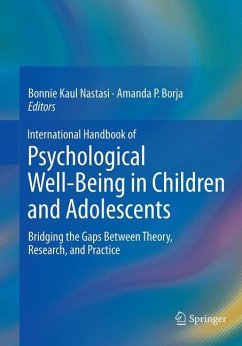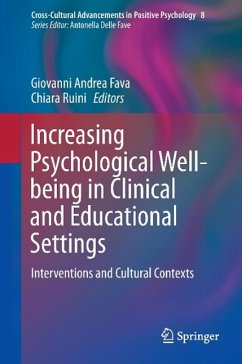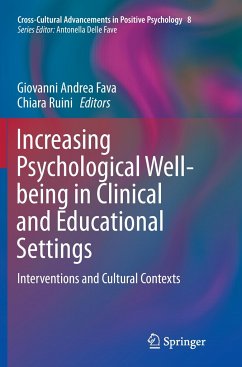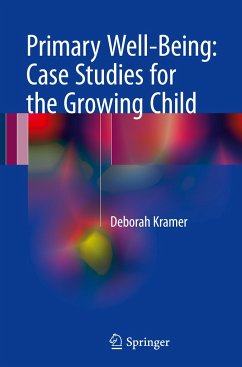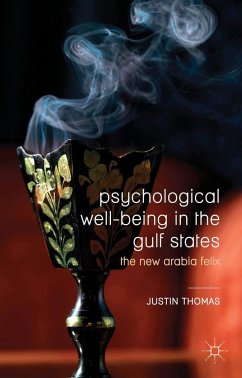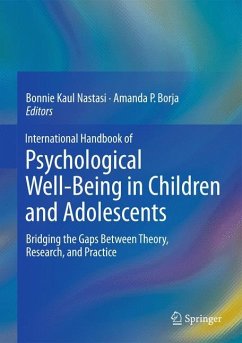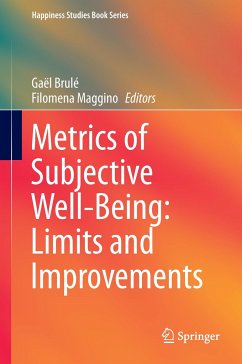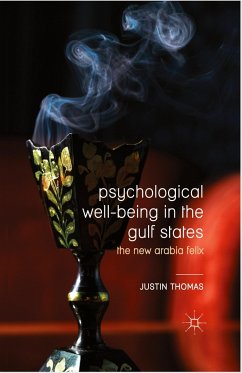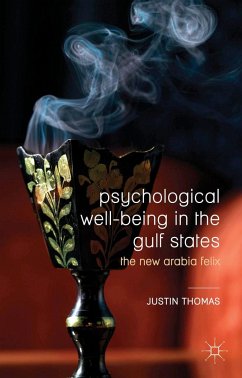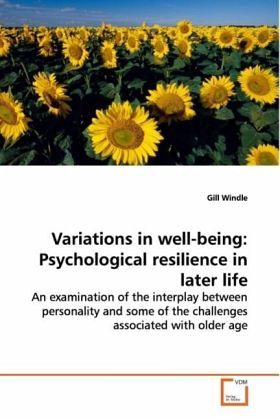
Variations in well-being: Psychological resilience in later life
An examination of the interplay between personality and some of the challenges associated with older age
Versandkostenfrei!
Versandfertig in 6-10 Tagen
52,99 €
inkl. MwSt.

PAYBACK Punkte
26 °P sammeln!
A common perception of older age is that of a lifecharacterised by loss and decline. Changes in healthstatus, social relationships, activities or incomepose a significant threat to the subjectivewell-being of an older person. But contrary to thisviewpoint, for many older people their sense ofwell-being is not affected, despite the influence ofage associated adversities. Exploring this well-being paradox is the focus of this book. Itcritically examines how psychological resources arean important source of resilience in older age. Itanalyses how well-being may be maintained through theeffects of...
A common perception of older age is that of a life
characterised by loss and decline. Changes in health
status, social relationships, activities or income
pose a significant threat to the subjective
well-being of an older person. But contrary to this
viewpoint, for many older people their sense of
well-being is not affected, despite the influence of
age associated adversities. Exploring this well-being paradox is the focus of this book. It
critically examines how psychological resources are
an important source of resilience in older age. It
analyses how well-being may be maintained through the
effects of psychological resilience as an interpretive link , and how resilience may protect
against challenges associated with ageing. In doing
so, this book disputes many of the myths of older age.
characterised by loss and decline. Changes in health
status, social relationships, activities or income
pose a significant threat to the subjective
well-being of an older person. But contrary to this
viewpoint, for many older people their sense of
well-being is not affected, despite the influence of
age associated adversities. Exploring this well-being paradox is the focus of this book. It
critically examines how psychological resources are
an important source of resilience in older age. It
analyses how well-being may be maintained through the
effects of psychological resilience as an interpretive link , and how resilience may protect
against challenges associated with ageing. In doing
so, this book disputes many of the myths of older age.



